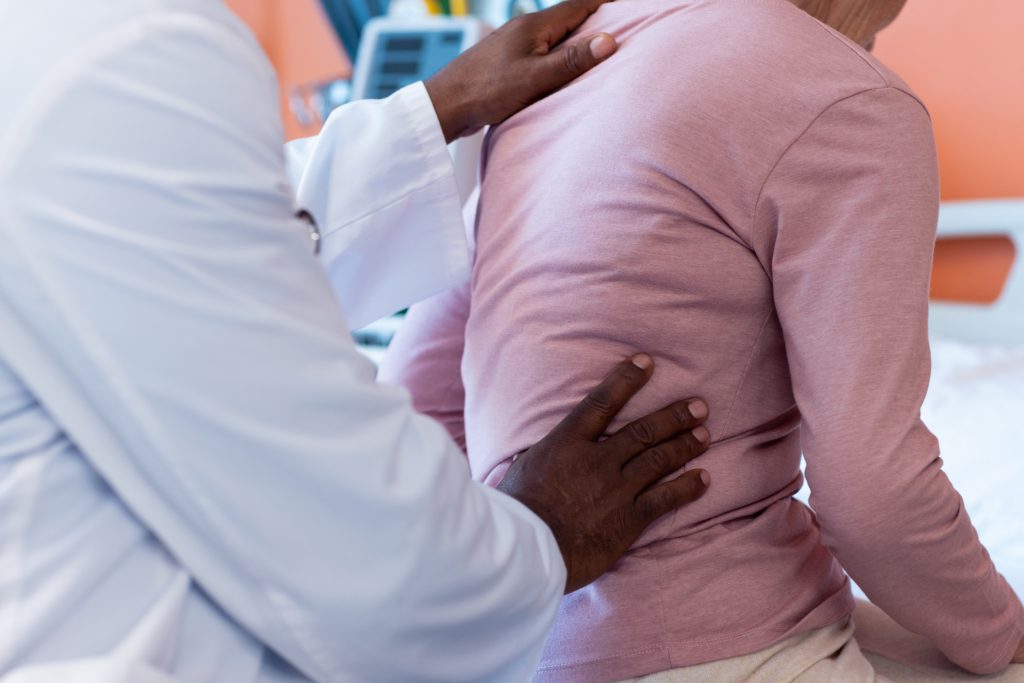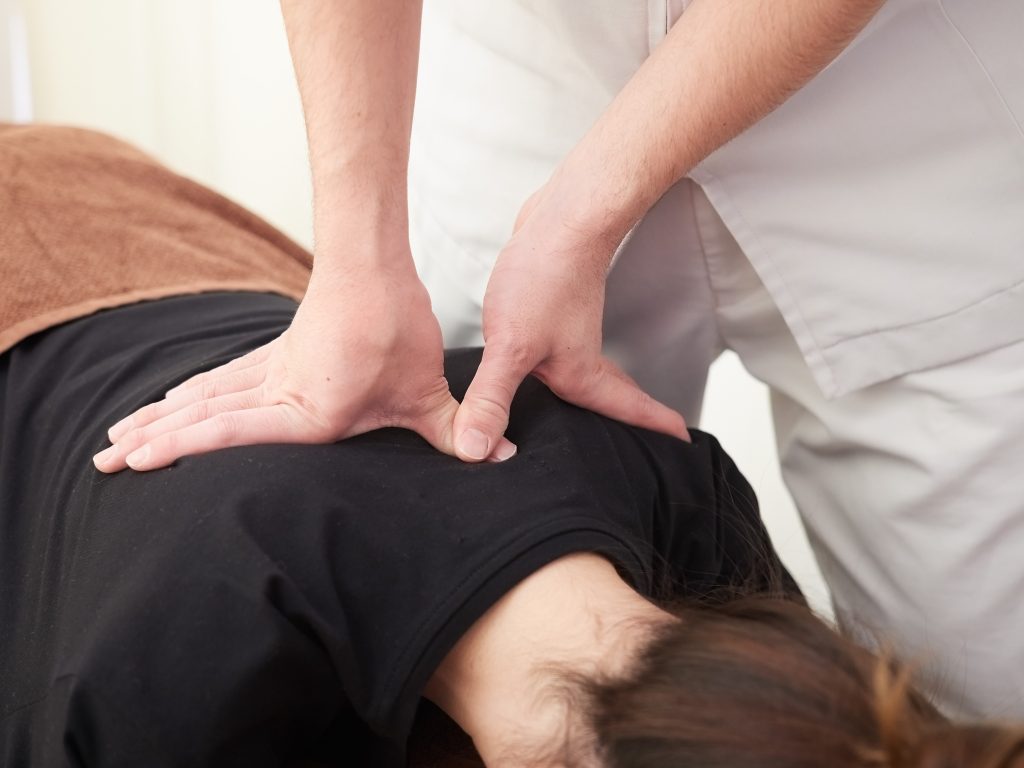Welcome to Manual Therapy Associates, based in Arvada, Colorado, where we understand the struggles of living with back pain. Many of our patients often ask, “Will back pain go away?” In this comprehensive guide, we’ll explore effective strategies to speed up your recovery, delve into the typical duration of back pain, and provide actionable tips to prevent it in the future.
Understanding Back Pain
What Causes Back Pain?
Back pain can stem from a variety of causes, ranging from acute injuries to chronic conditions. Common causes include muscle strains, spinal misalignments, degenerative disc disease, and sedentary lifestyles. Understanding the underlying cause of your back pain is the first step toward effective treatment.
Types of Back Pain
Back pain is generally categorized into two types: acute and chronic. Acute back pain is sudden and often due to injury, but may occur following simple activities of daily living. It can last a few days to a few weeks. Chronic back pain persists for more than three months and may result from deeper physiological issues or unaddressed acute injuries.
Will I Have Back Pain for the Rest of My Life?
Chronic back pain can be daunting, leading many to wonder if they will suffer forever. While some back pain conditions are more complex, many can be managed effectively with the right therapeutic approaches and lifestyle adjustments.
Duration and Recovery
How Long Does Back Pain Usually Last?
The duration of back pain heavily depends on its cause and severity. Acute back pain typically subsides within a few weeks, whereas chronic pain requires long-term management strategies. Research shows that 80% of back pain is resolved within 30 days.
Key Recovery Phases
Recovery from back pain can be divided into phases: initial pain management, rehabilitation, and maintenance. Each phase focuses on different strategies, from reducing inflammation to strengthening the muscles supporting the spine.
Diagnosing Back Pain
A proper diagnosis is crucial to effectively treat back pain. At Manual Therapy Associates, we use a combination of physical assessments and imaging studies to pinpoint the exact cause of your discomfort.
Treatment and Prevention
Professional Treatments Available
Our practice offers a range of treatments as a part of physical therapy: manual therapy, therapeutic exercise which can include stretching, strengthening and self treatment, myofascial release, postural and ergonomic training, and dry needling. These treatments are tailored to address the specific needs of each patient, focusing on reducing pain, improving function, and preventing recurrence.
Home Remedies and Exercises
In addition to professional care, certain home remedies and exercises can aid in back pain relief. These include instruction in self treatment techniques, use of ice/heat, low-impact exercises like walking and swimming, stretching routines, and proper ergonomic setups at home and work.
How to Avoid Back Pain
Preventing back pain involves maintaining a healthy lifestyle, including regular exercise, proper posture, and weight management. Avoiding prolonged periods of inactivity and incorporating stretching into your daily routine can also help prevent the onset of back pain.
Innovative Therapies
Recent Advances in Back Pain Treatment
The field of back pain treatment is constantly evolving. New therapies, such as laser therapy and regenerative medicine, offer hope for those suffering from persistent pain that fails to respond to traditional treatment interventions.
Psychological Approaches to Managing Chronic Pain
Managing chronic back pain is not only physical but also psychological. Techniques such as cognitive- behavioral therapy (CBT) and mindfulness can play a significant role in pain management.
Lifestyle Adjustments for a Pain-Free Life
Diet and Nutrition
Eating a balanced diet rich in anti-inflammatory foods can help manage inflammation, a common culprit in back pain. Foods rich in omega-3 fatty acids, antioxidants, and vitamins can significantly aid in reducing pain levels.
Importance of Sleep in Recovery
Quality sleep is essential for the body’s healing process. Ensuring you have a supportive mattress and a sleep environment conducive to rest can improve your back health significantly.
Stress Management Techniques
Chronic stress can exacerbate back pain. Engaging in stress-reduction activities such as yoga, meditation, and deep-breathing exercises can reduce the intensity of the pain experienced. Often there is a significant life stress event that has occurred in the days or weeks prior to acute onset of low back pain.
Check out our Facebook for more details on back pain.
Conclusion
While back pain can be a complex and challenging condition, it doesn’t have to be a life sentence. With the right combination of professional care, home practices, and lifestyle changes, you can significantly reduce your pain and improve your quality of life. At Manual Therapy Associates, we are dedicated to helping you recover and maintain a healthy, active lifestyle free from pain.
FAQs
What is the fastest way to relieve back pain at home?
Applying heat or ice packs, engaging in gentle stretching exercises, and maintaining light activity levels can quickly alleviate symptoms of back pain at home.
Can poor posture cause back pain?
Yes, poor posture is a significant contributor to back pain. It strains your spine and can lead to muscular imbalances and pain over time.
Is it better to rest or be active when experiencing back pain?
While rest is important, especially immediately following an injury, prolonged inactivity can worsen back pain. It’s best to stay gently active, as recommended by your healthcare provider.
How often should I see a therapist for back pain?
The frequency of therapy depends on the severity and specifics of your back pain. Your therapist will recommend a treatment schedule that best suits your condition.
Can back pain be a sign of something more serious?
In some cases, back pain can be a symptom of serious medical conditions, such as kidney issues or spinal infections. If your back pain is severe, persistent, or accompanied by other symptoms like fever or weight loss, consult a healthcare professional immediately.






